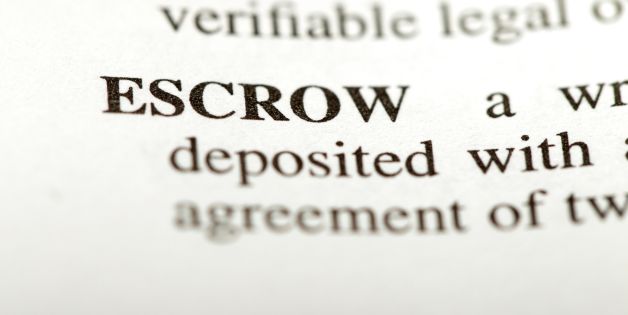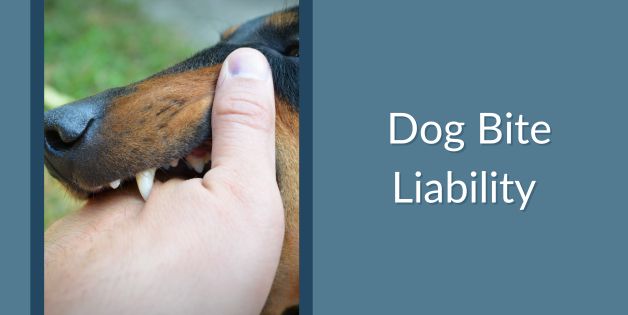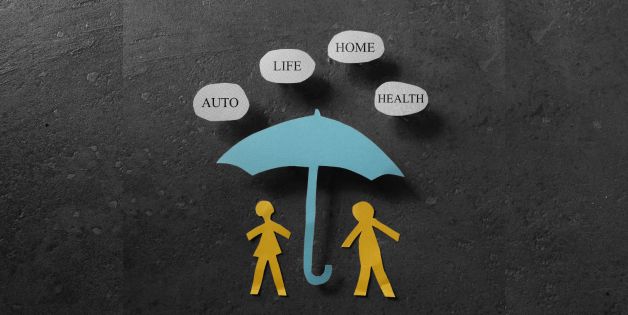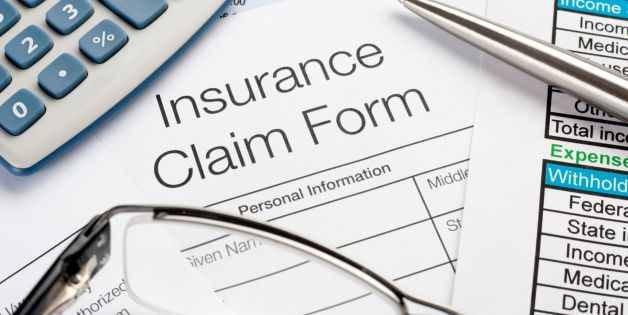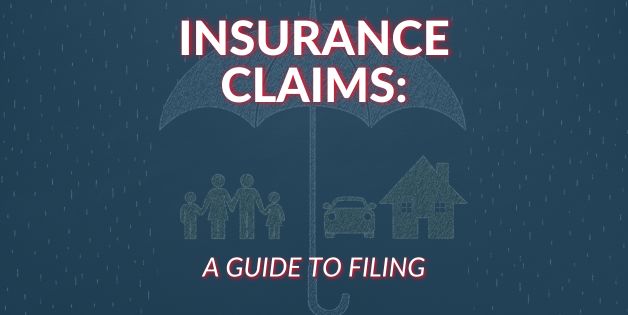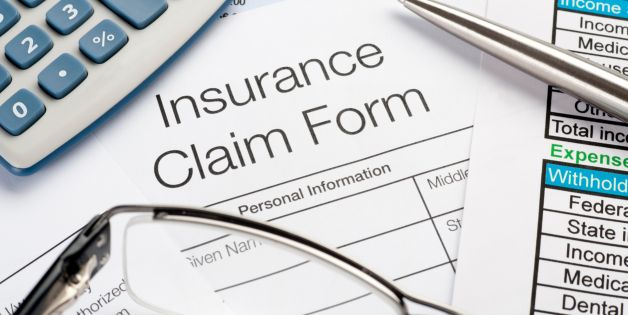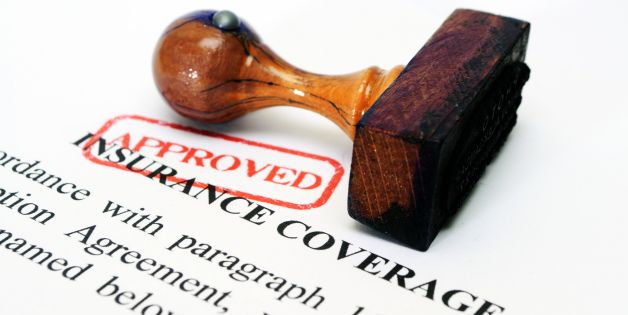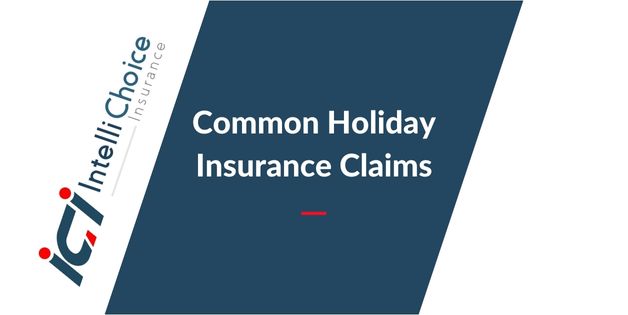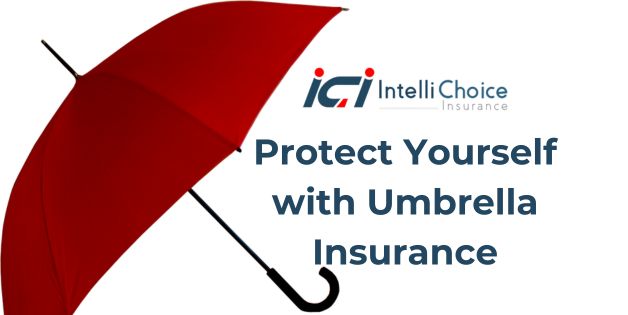
In today's litigious society, lawsuits can arise unexpectedly, leaving individuals and businesses vulnerable to substantial financial losses. While standard insurance policies provide essential coverage, they may not always offer enough protection against high-dollar liability claims. That's where umbrella insurance comes in. At Intelli Choice Insurance, we're here to help you understand the value of umbrella insurance and why it's an essential layer of protection for your assets.
Additional Liability Coverage
Umbrella insurance, also known as excess liability insurance, provides additional liability coverage beyond the limits of your primary insurance policies, such as homeowners, auto, or business insurance. This extra layer of protection kicks in when the limits of your underlying policies are exhausted, offering peace of mind and financial security against catastrophic events.
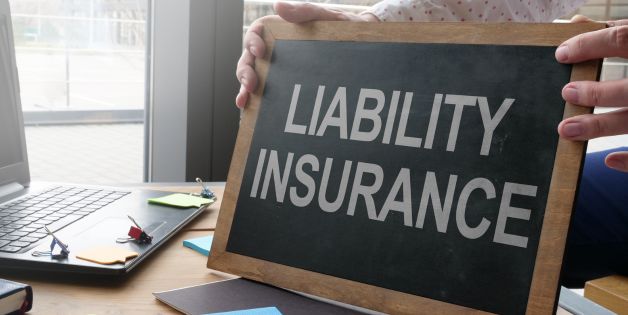
Broad Scope of Coverage
One of the key benefits of umbrella insurance is its broad scope of coverage. Umbrella policies typically provide coverage for a wide range of liability risks, including bodily injury, property damage, personal injury, and even certain lawsuits not covered by other insurance policies, such as libel, slander, or defamation claims.
Affordability
Another advantage of umbrella insurance is its affordability relative to the amount of coverage it provides. For a relatively low premium, you can secure millions of dollars in additional liability coverage, giving you substantial protection against the financial consequences of unexpected accidents or lawsuits.
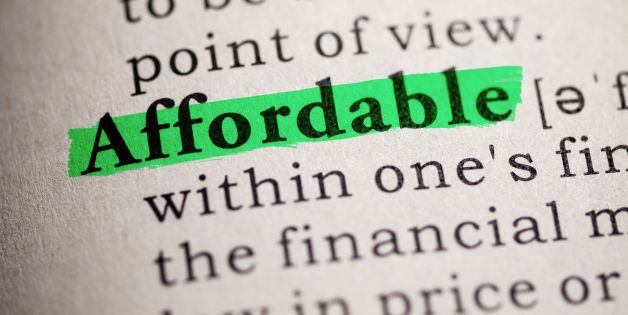
Safeguard Your Assets
Umbrella insurance is especially valuable for individuals and families with significant assets to protect, as well as business owners who may face higher liability risks in their day-to-day operations. By adding an umbrella policy to your insurance portfolio, you can safeguard your hard-earned assets and protect your financial future against the uncertainties of life.
We understand the importance of comprehensive insurance coverage to protect what matters most to you. Contact us today to learn more about umbrella insurance options and how we can help you customize a policy that meets your unique needs and provides the peace of mind you deserve. With umbrella insurance, you can rest easy knowing that you're prepared for whatever life may bring.







